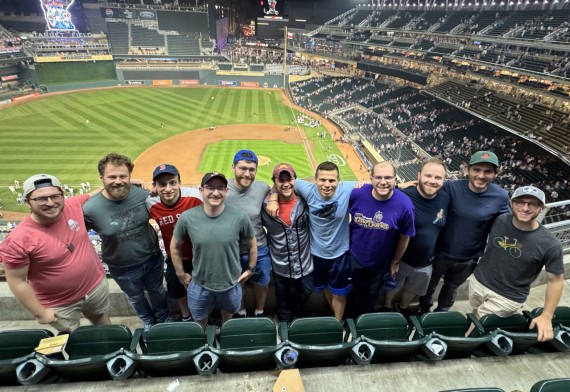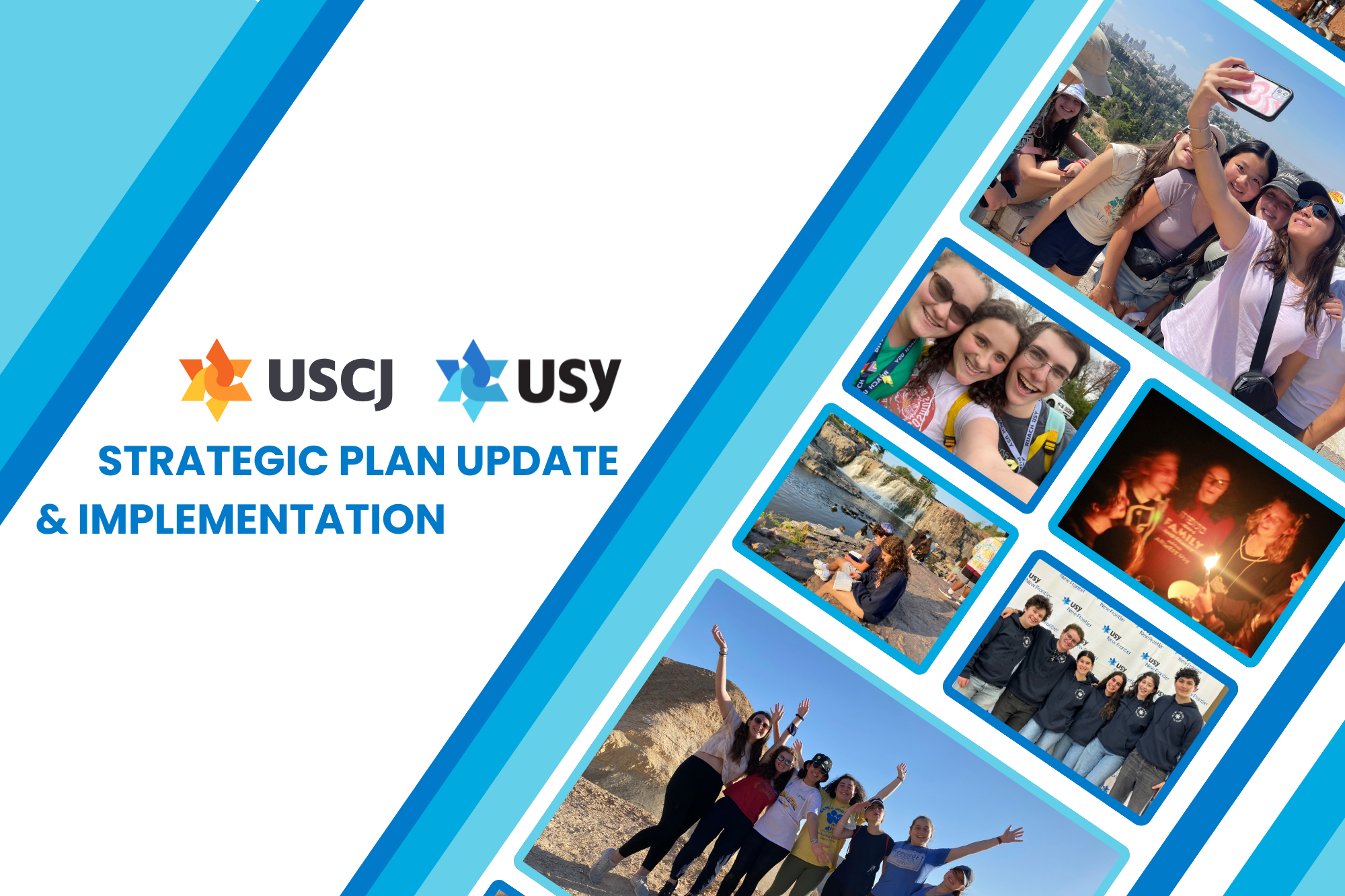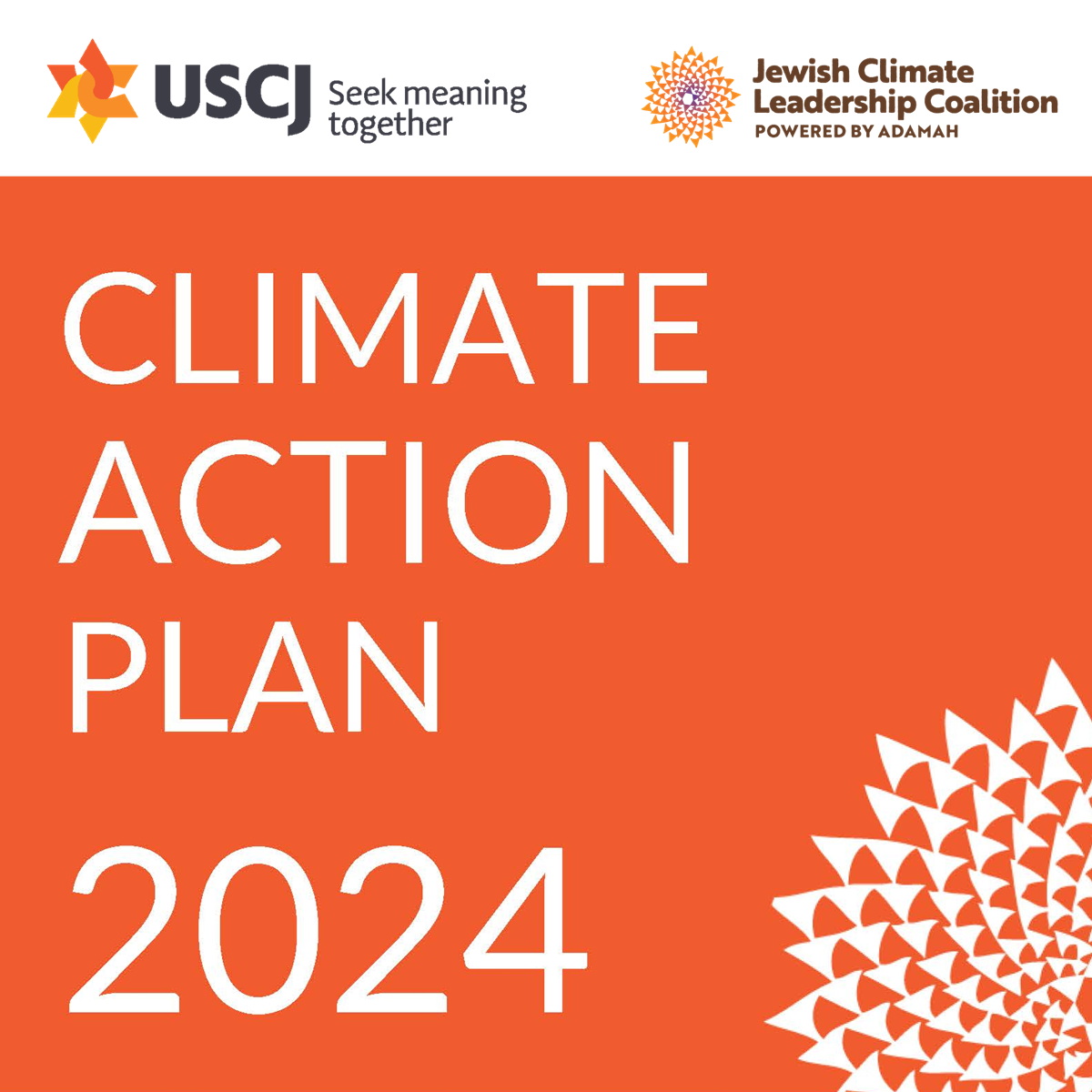How do we, as Jews, teach our children when we are confronted by intolerance, hatred and bigotry, such as in the events in Charlottesville? Our tradition teaches us that we are all created in the image of God, that we all owe each and every human being respect and consideration. Our tradition also teaches us that it is not enough to simply learn from our Torah and other sacred texts. As our rabbis taught, the study of Torah comes before Action, because the study of Torah leads to Action.
How can you take what we are taught by our tradition and use it to process recent events, to help our children make sense of it, and to consider concrete actions as we move ahead? Here are some resources to help you and your kehilla respond. Special thanks to Janis Knight, Congregation Shirat HaYam, Swampscott, MA for gathering the information contained below relating to responding to the needs of our children and families.
- The Conservative Yeshiva’s study guide, Human Dignity at a Time of Crisis
- One Table’s Together at the Table Conversation Guides
- An article on our Jewish American heritage of opposing bigotry and persecution,To Bigotry No Sanction; to Persecution No Assistance
- This New York Times article suggesting kids books on the difficult topics of racism, antisemitism, the Jim Crow era, the Civil Rights movement and the Holocaust
- After Charlottesville, 5 Ways to Help Jewish Kids Deal, a blog post by Michelle Shapiro Abraham, URJ’s Director of Innovation and Learning
- This Los Angeles Times article with some excellent advice for responding to kids’ questions and anxieties
- The Anti-Defamation League’s Table Talk, family conversations about current events
- The Southern Poverty Law Center’ article, Ten Ways to Fight Hate
Being a critical and questioning consumer of news, especially if you find yourself having a strong emotional reaction to something you read or hear on social media or television, is an important skill to for us and to teach our children. Snopes and Fact Check are both good non-partisan resource sites to determine whether or not something truly is “fake news” designed to distract, outrage, or manipulate us. This situation has already been prey to a number of false and unverifiable claims. It is important that we “not bear false witness” but instead that we act and are motivated by a commitment to truth and justice.








